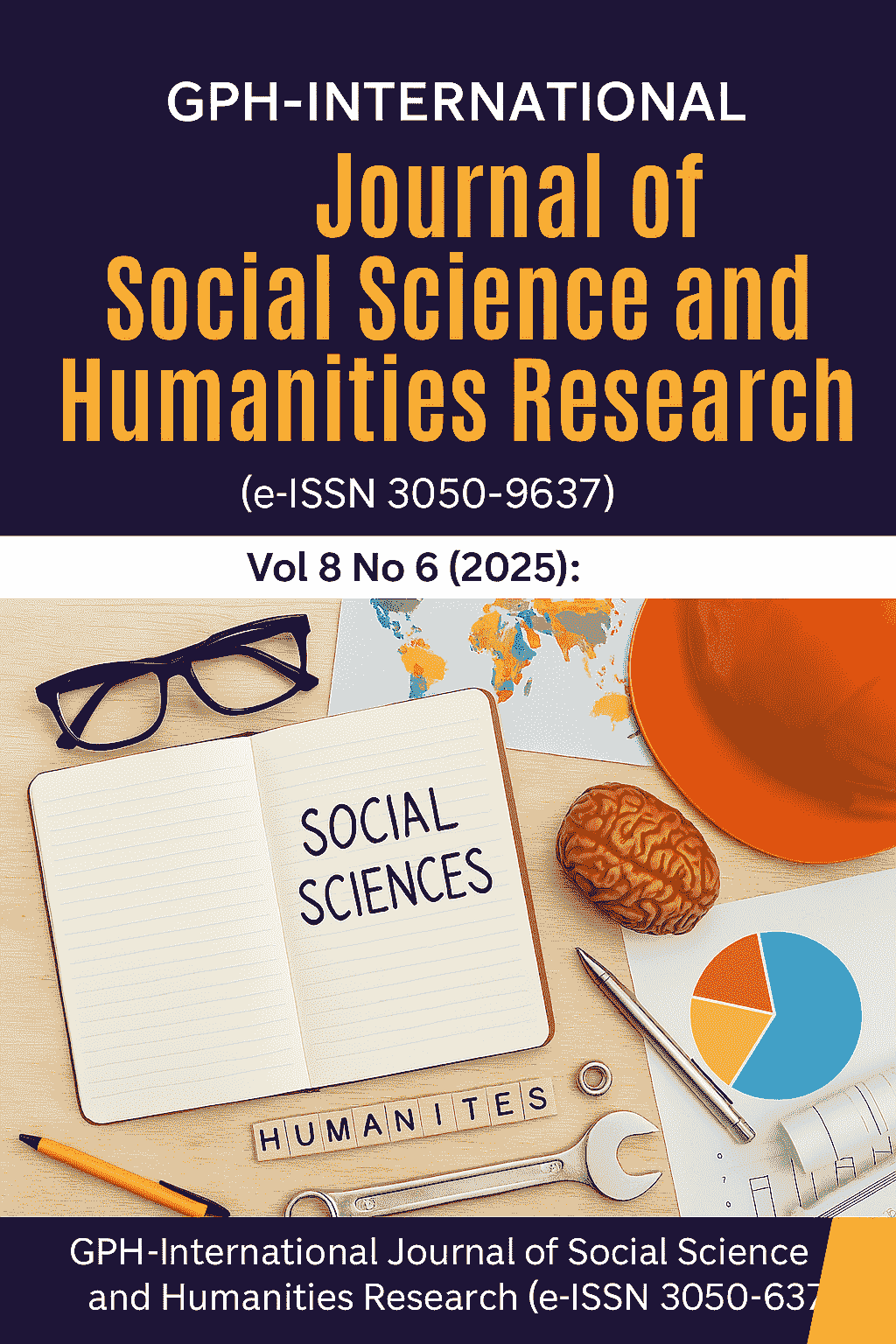COMMUNICATION BETWEEN STAKEHOLDERS IN PUBLIC POLICY FORMULATION WITH NVIVO ANALYSIS
Abstract
This study aims to analyze the dynamics of communication between stakeholders in the public policy formulation process using a qualitative approach using NVivo software. Effective communication between stakeholders, such as government, civil society, the private sector, and academia, is a key element in producing responsive and sustainable policies. Data were obtained through in-depth interviews and policy documentation from case studies of policy formulation in the defense, finance, development planning, and foreign affairs sectors in Jakarta. A thematic coding process was conducted using NVivo to identify patterns, relationships, and intensity of interactions between actors. The results indicate that information transparency, early involvement, and two-way communication channels play a critical role in improving policy quality. However, barriers such as power imbalances, rigid bureaucracy, and lack of communication capacity remain key obstacles. These findings provide important implications for policymakers to strengthen collaborative mechanisms in the public policy formulation process.
Downloads
References
Ansell, C., & Gash, A. (2008). Collaborative governance in theory and practice. Journal of Public Administration Research and Theory, 18(4), 543–571.
Bazeley, P., & Jackson, K. (2013). Qualitative data analysis with NVivo (2nd ed.). SAGE Publications.
Bryson, J. M., Crosby, B. C., & Stone, M. M. (2015). Designing and implementing cross-sector collaborations: Needed and challenging. Public Administration Review, 75(5), 647–663. https://doi.org/10.1111/puar.12432
Creswell, J. W., & Poth, C. N. (2018). Qualitative inquiry and research design: Choosing among five approaches (4th ed.). SAGE Publications.
Emerson, K., Nabatchi, T., & Balogh, S. (2012). An integrative framework for collaborative governance. Journal of Public Administration Research and Theory, 22(1), 1–29. https://doi.org/10.1093/jopart/mur011
Heath, R. L., & Johansen, W. (2018). The International Encyclopedia of Strategic Communication. Wiley-Blackwell. https://doi.org/10.1002/9781119010722
Howlett, M., Ramesh, M., & Perl, A. (2020). Studying public policy: Policy cycles and policy subsystems (4th ed.). Oxford University Press.
Miles, M. B., Huberman, A. M., & Saldaña, J. (2020). Qualitative data analysis: A methods sourcebook (4th ed.). SAGE Publications.
Nabatchi, T., & Leighninger, M. (2015). Public participation for 21st century democracy. Wiley.
Nugroho, R. (2018). Public policy: Dinamika kebijakan, analisis kebijakan, manajemen kebijakan. PT Elex Media Komputindo.
Peters, B. G., & Pierre, J. (2016). The Politics of Bureaucracy: An Introduction to Comparative Public Administration (6th ed.). Routledge.
Reed, M. S., et al. (2009). Who’s in and why? A typology of stakeholder analysis methods for natural resource management. Journal of Environmental Management, 90(5), 1933–1949. https://doi.org/10.1016/j.jenvman.2009.01.001
Saldaña, J. (2021). The coding manual for qualitative researchers (4th ed.). SAGE Publications.
Scharpf, F. W. (1997). Games real actors play: Actor-centered institutionalism in policy research. Westview Press.
Stake, R. E. (2006). Multiple case study analysis. Guilford Press.
Suharto, E. (2021). Fragmentasi komunikasi antar pemangku kepentingan dalam kebijakan strategis nasional. Jurnal Kebijakan Publik Indonesia, 6(1), 33–47.
UNDP. (2018). Participatory governance and effective policy dialogue. United Nations Development Programme.
United Nations Development Programme (UNDP). (2018). Participatory Governance and Effective Policy Dialogue.
Wahyudi, A. (2022). Transparansi dan akses informasi dalam kebijakan sektor pertahanan: Studi komunikasi lintas aktor. Jurnal Pertahanan & Keamanan Nasional, 4(2), 89–105.
Yin, R. K. (2018). Case study research and applications: Design and methods (6th ed.). SAGE Publications.
The authors and co-authors warrant that the article is their original work, does not infringe any copyright, and has not been published elsewhere. By submitting the article to GPH-International Journal of Social Science and Humanities Research, the authors agree that the journal has the right to retract or remove the article in case of proven ethical misconduct.














 Firozpur Jhirka, Haryana, India
Firozpur Jhirka, Haryana, India

